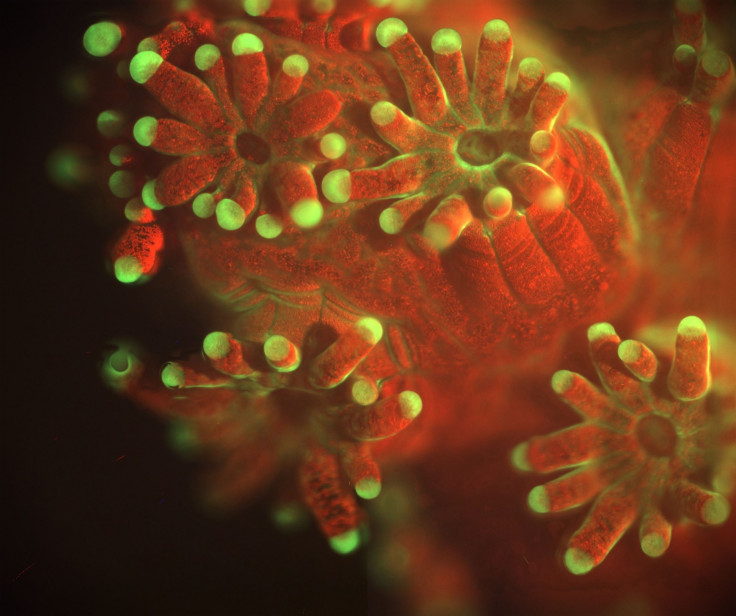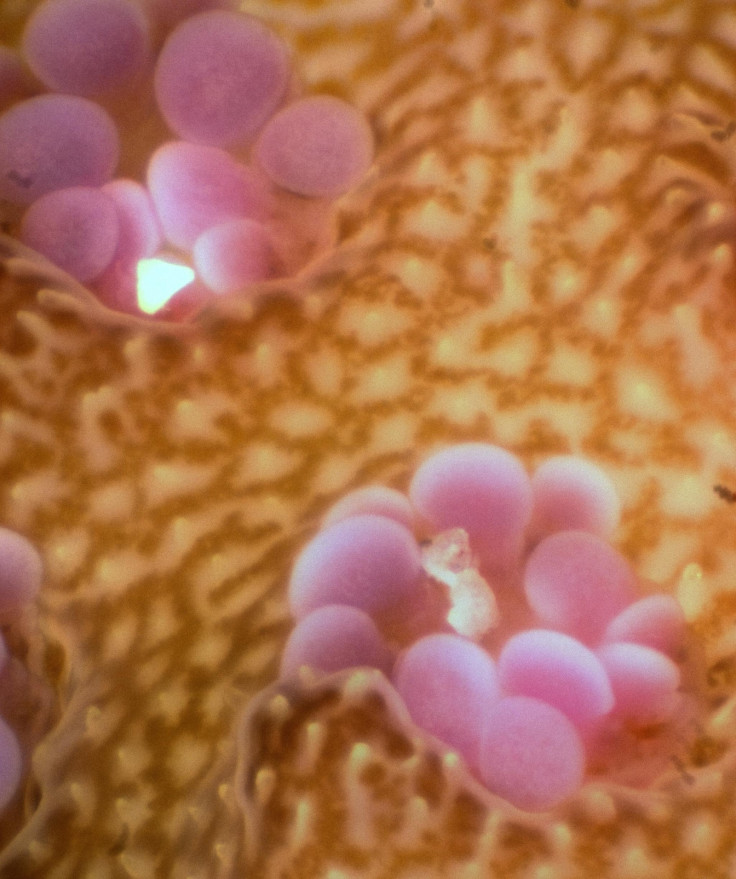Watch corals dancing in high resolution thanks to an extreme underwater microscope
Benthic Underwater Microscope (BUM) captures corals at near micrometre-scale resolution.
Corals have been filmed moving around underwater at an unprecedented level of detail. Film taken with a newly developed underwater microscope has allowed scientists to look at these tiny organisms at near micrometre-scale resolution.
Underwater microscopes are problematic. While scientists have been able to make breakthroughs in optical systems for seafloor environments on larger scales, the development equipment to look at microscopic organisms has been less successful.
Israeli and US researchers sought to solve this problem. In a study published in the journal Nature Communications, they said previous attempts at observing microscopic activities on the seafloor with current technologies is difficult because of the "highly intrusive nature".
"A fundamental deficiency thus exists in our ability to observe micro-scale biological and environmental processes as they naturally occur near the seafloor. This hinders our capacity to connect conceptual models and lab studies to real world environments. It also impedes efforts to identify underlying mechanisms that drive large scale ecosystem change," they wrote.

To address this problem, they created the Benthic Underwater Microscope (BUM). They used specific lenses and illuminations so the BUM was able to reach near-micrometre scale resolution. In the study, they show how their microscope can be used to record dynamic natural processes with minimal disturbance to both the organisms and the surrounding physical environment.
Testing the equipment, they filmed different corals competing for space, as well as looking at how algae covers and colonises corals during bleaching events. They were able to find out about interactions between and within coral species, and observe the transfer of energetic products – a resource sharing mechanism hypothesised by never seen in the wild.
The team believes the microscope will provide researchers with "important new insights into micro-scale processes".
"Underwater microscopy ... offers a new means to study behaviours and interactions in the natural environment that may otherwise remain unresolved or poorly understood ... This in situ viewpoint enables novel investigations on basic marine research and will provide the means to connect theoretical lab work to the natural environment."

© Copyright IBTimes 2025. All rights reserved.






















